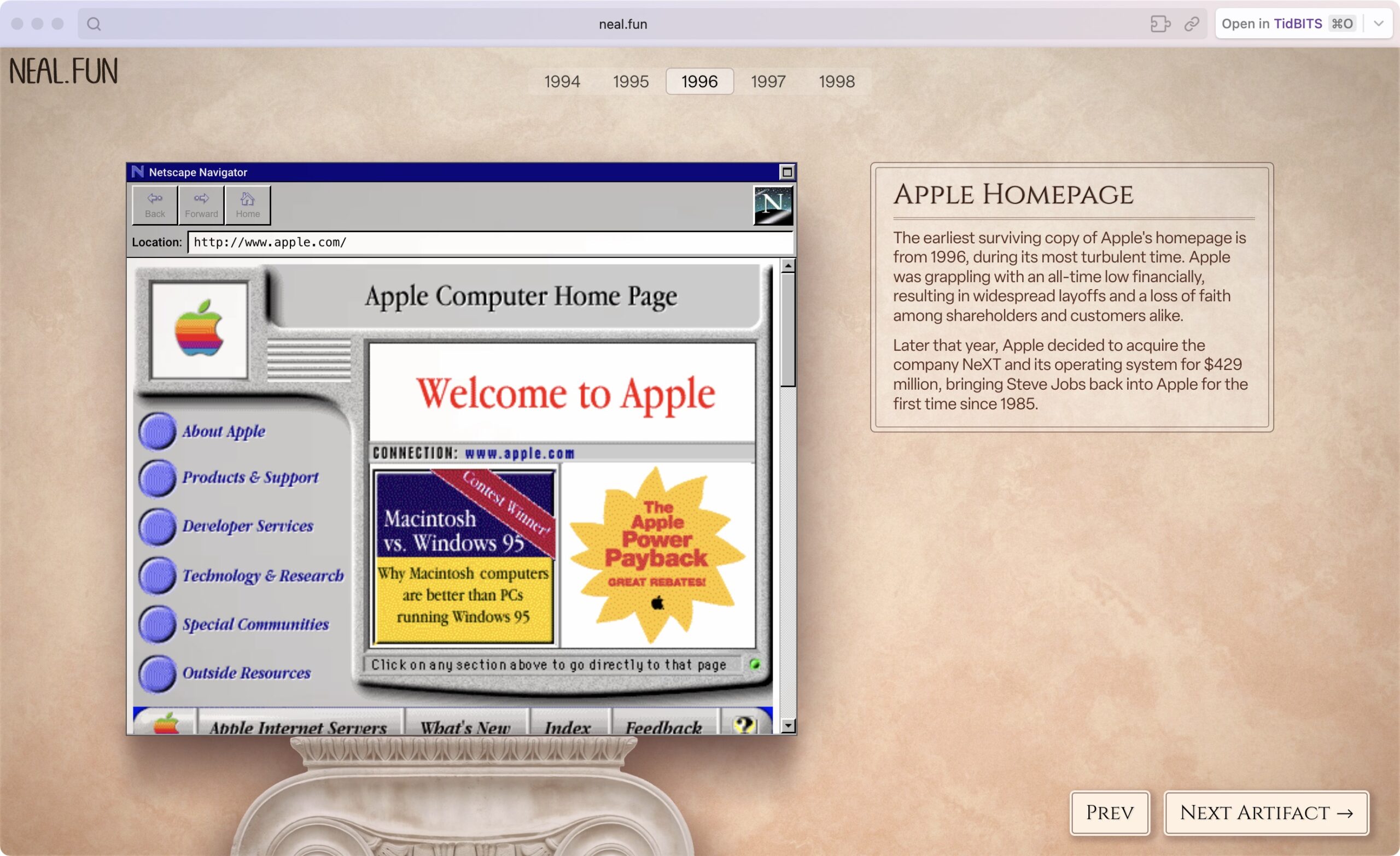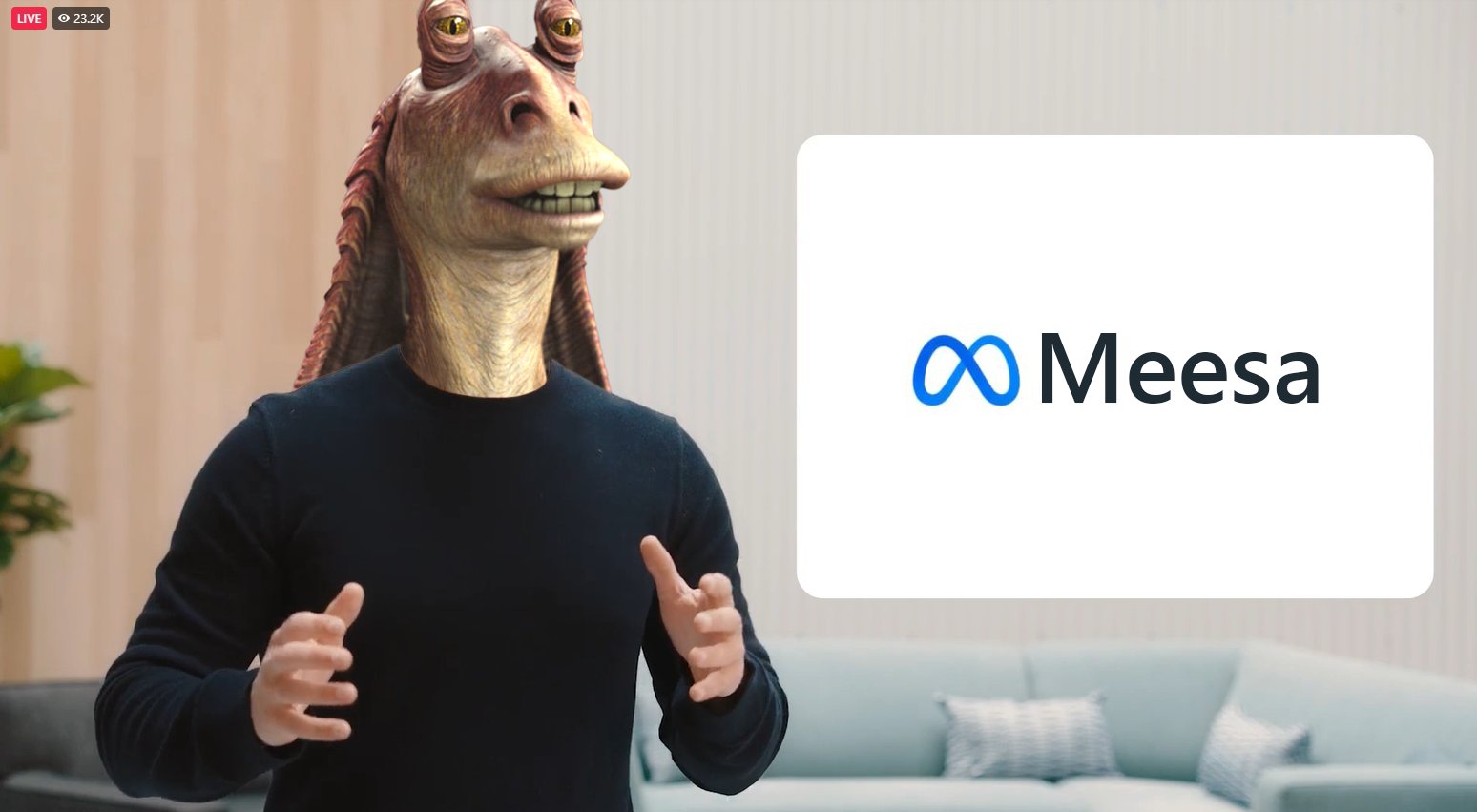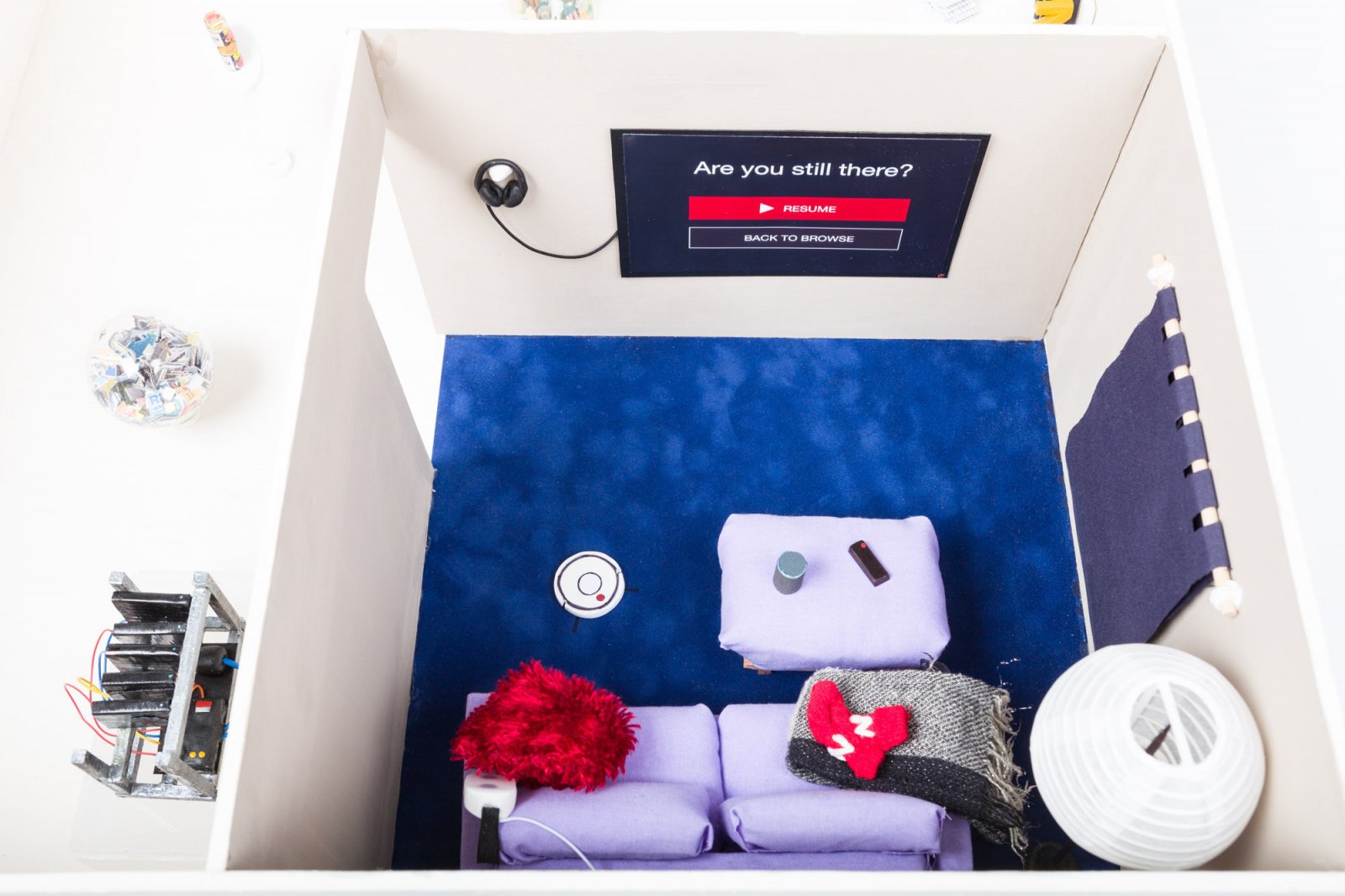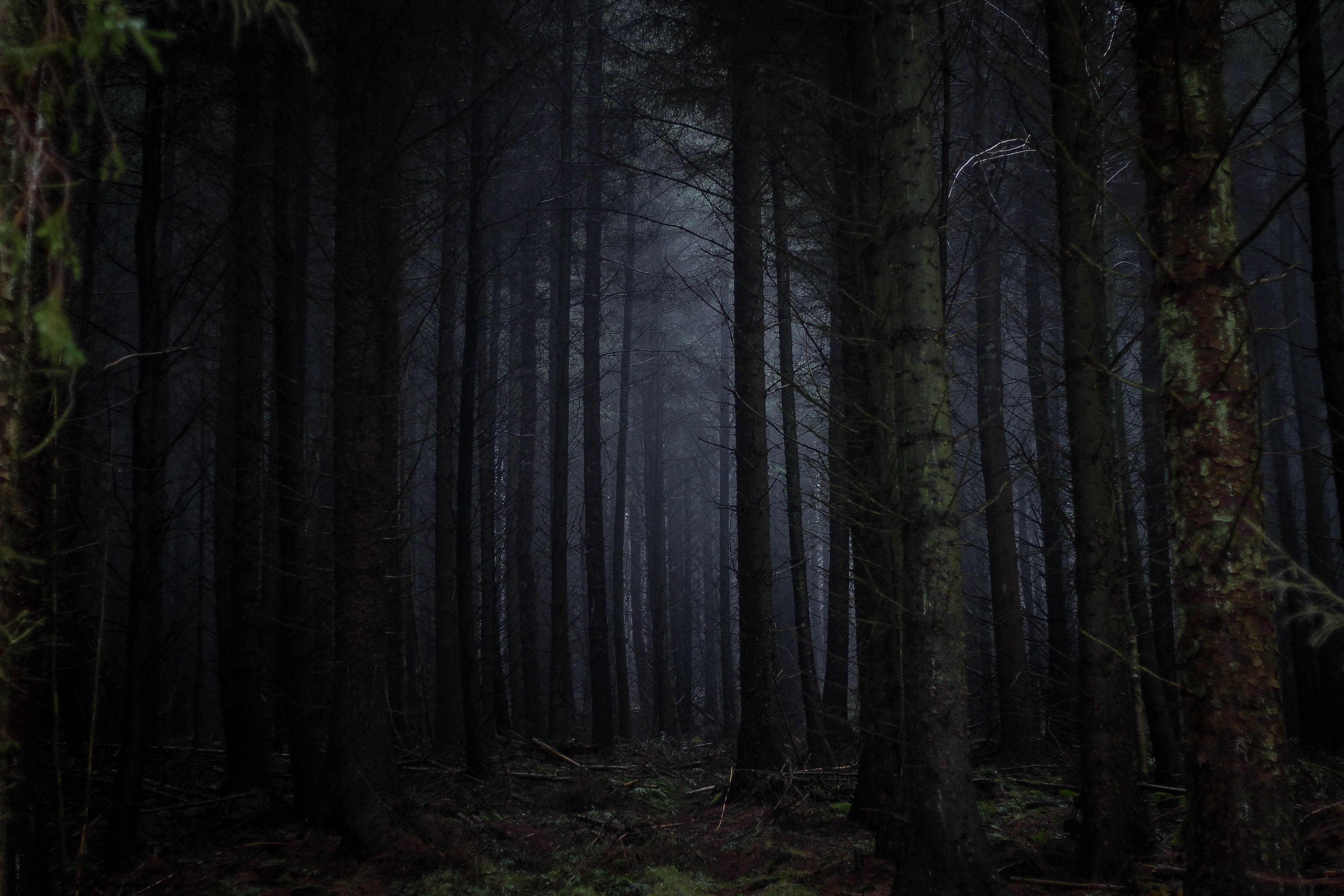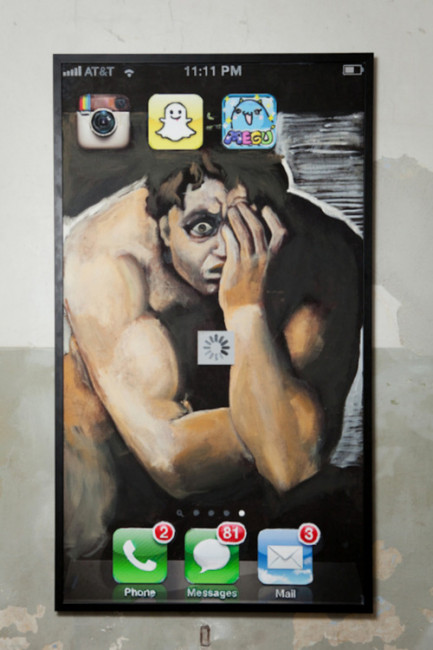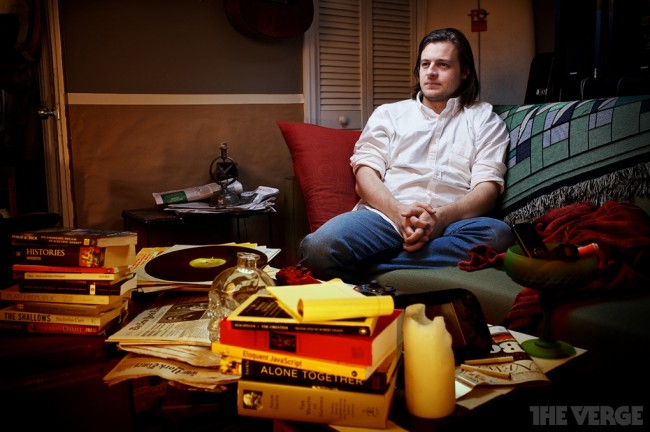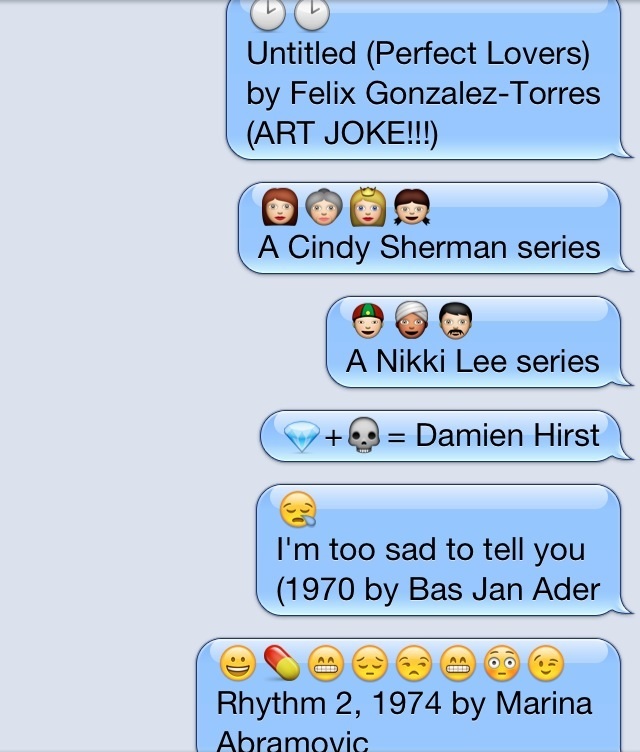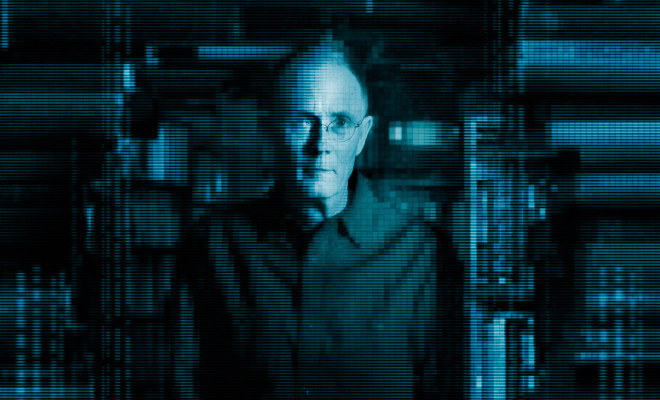![]()
Hallucinating sense in the era of infinity-content: great new article by Caroline Busta.
“But what if, for better or worse, this non-reading mode is a form of adaptation: an evolutionary step in which we’ve learned to scan, like machines, for keywords and other attributes that allow for data-chunking, quickly aligning a piece of content with this or that larger theme or political persuasion? What if, in a time of infinity-content, a meta reading of the shape and feel of content has become a survival skill? The ability to intuit a viable meaning via surface-level qualities—ones that are neither text nor image but a secret third thing—is now essential for negotiating our sprawling information space. Perhaps we’re tapping into a more primal human intelligence.”
